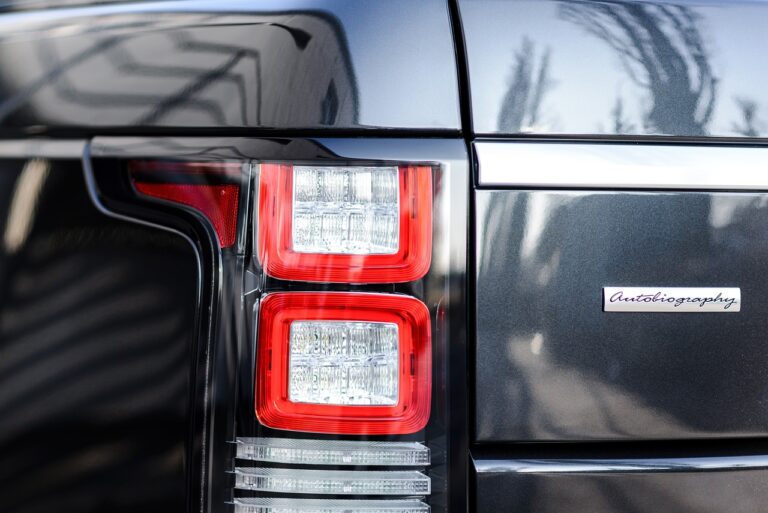How Car Manufacturers Are Addressing the Shortage of Semiconductor Chips
Car manufacturers worldwide have been grappling with the challenges posed by the semiconductor chip shortage. The shortage, which originated from disruptions in the supply chain due to the COVID-19 pandemic, has significantly impacted the production of vehicles across the industry. As a result, manufacturers have been forced to adapt swiftly to the changing landscape in order to minimize disruptions and meet consumer demand.
In response to the semiconductor chip shortage, car manufacturers have been implementing various strategies to mitigate the effects on their production lines. One common approach has been to prioritize the allocation of chips to their highest-selling and most profitable vehicle models. By focusing on these key products, manufacturers aim to optimize their production output and maintain a steady revenue stream amidst the supply chain challenges. Additionally, some manufacturers have started stockpiling chips to build a buffer against future disruptions, while others are exploring alternative sources for semiconductor chips to diversify their supply options.
Impact of Semiconductor Chip Shortage on Car Production
The shortage of semiconductor chips has had a significant impact on car production worldwide. With the increasing integration of advanced technologies in vehicles, the demand for these chips has surged, leading to a supply chain bottleneck. As a result, many car manufacturers have been forced to reduce their production outputs or even halt production lines temporarily.
The semiconductor chip shortage has particularly affected the production of vehicles with advanced driver-assistance systems, infotainment systems, and other high-tech features. This has resulted in delayed deliveries for customers, increased waiting times for new orders, and in some cases, a shift in consumer preferences towards vehicles with simpler electronic systems. Car manufacturers are facing the challenge of balancing their production schedules and optimizing the use of available semiconductor chip supplies to minimize the impact on their output.
Strategies Implemented by Car Manufacturers to Mitigate Chip Shortage
Car manufacturers have been grappling with the ongoing semiconductor chip shortage that has disrupted global automotive production. To counteract the impact of this shortage, some companies have adopted various strategies to mitigate the challenges. One common approach is for manufacturers to prioritize the allocation of semiconductor chips for their high-demand vehicles, such as popular models or those with higher profit margins. By focusing on these key products, companies aim to maximize production efficiency and meet customer demand despite the constraints in chip supply.
Additionally, car manufacturers have been exploring partnerships and collaborations with chip suppliers to secure a stable supply of semiconductor chips. These strategic alliances enable manufacturers to have a more reliable source of chips and potentially negotiate better terms to ensure a continuous flow of semiconductors for production needs. Moreover, some companies have invested in diversifying their semiconductor chip suppliers to reduce dependency on a single source and increase their resilience to future disruptions in the supply chain.





